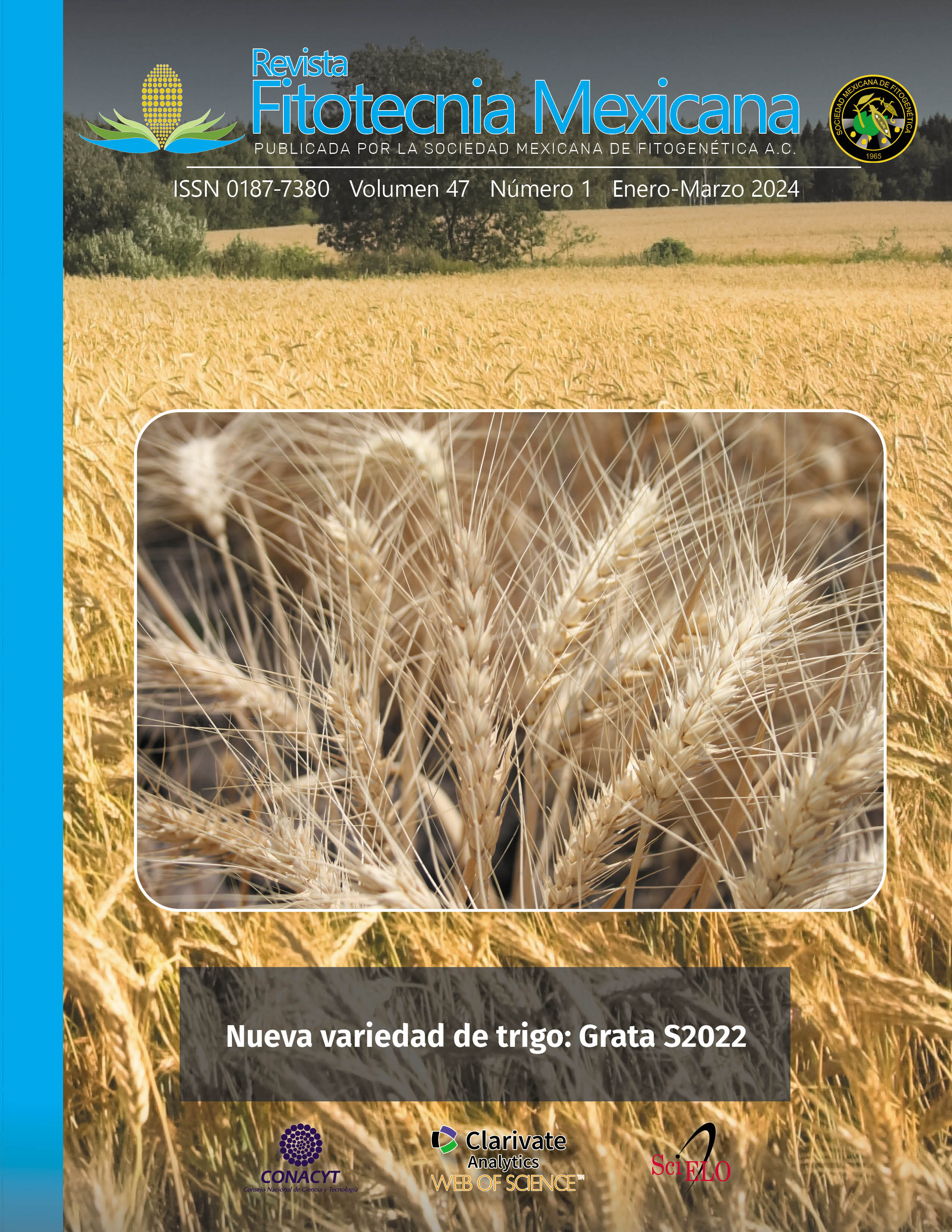INNOVATION IN FOOD TECHNOLOGY: HEDONIC CHARACTERIZATION OF FUNCTIONAL CHEESES WITH BEAN FLOUR
Main Article Content
Abstract
Consumption of functional foods has shown a progressive increase due to the nutritional benefits they offer. This study focused on innovation in food technology applied to the production of functional cheeses using microcapsules of black bean (Phaseolus vulgaris) flour as a key ingredient. The aim of the study was to analyze its hedonic characterization, evaluate the most relevant attributes and variables that influence the potential consumer. The methodology used consisted in the elaboration of bean flour microcapsules, their incorporation into a ranch cheese, the selection of consumers as judges for a panel and sensory evaluation comparing the proposed cheese with a commercial one through the Likert scale. Statistical analysis included Kruskal-Wallis tests, Spearman correlation coefficients, principal component analysis, an attribute positioning map, and a correlation matrix. Results suggest that there are differences in the perception of attributes such as smell, taste, creaminess, softness, consistency, strength, firmness, fatty character and acidity, which played a determining role in the sensory properties that panelists considered differentiating in the functional cheese; in addition, it was found that sociodemographic, psychological and behavioral characteristics are fundamental variables in the acceptance. Functional cheese is viable to meet the consumers demand for innovative foods and health benefits, the importance of the combination of food technology, sensory and socio-economic factors in the development of functional foods is shown.

